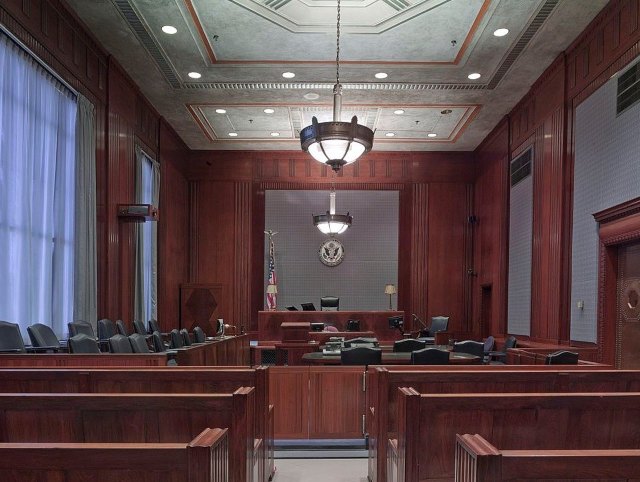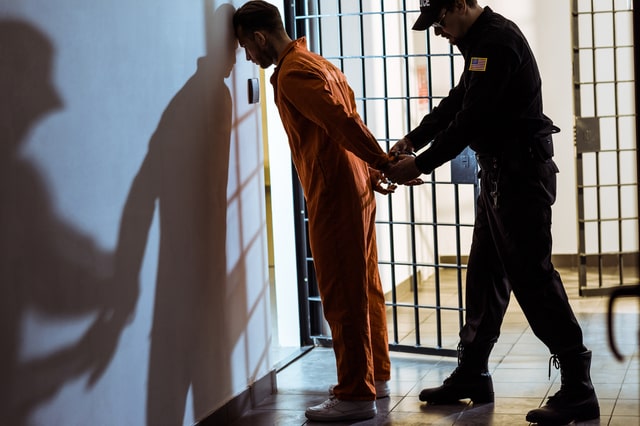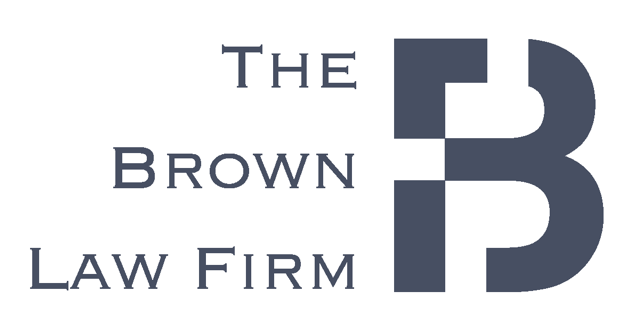A Comprehensive Overview of the Colorado Criminal Code
The Colorado Criminal Code establishes the charges, procedures, and penalties that apply when a person is accused of committing a crime. Learn more in this complete overview.
What You Need to Know About the CO Criminal Code
Criminal Codes in Colorado are complex, and unless you make the study of which your occupational goal, chances are you are unlikely to require that knowledge unless you are accused of breaking the law. Crimes that cross state borders like drug trafficking or human trafficking are prosecuted under the constraints of federal law. Most crimes, however, are handled by the states.
The CO Criminal Code regulates elements ranging from DUIs and sex crimes to abuse and murder. Unfortunately, people will sometimes commit violent crimes when blinded by anger or drugs. Sometimes, they are falsely accused. Any of these can result in a criminal case that could result in life-changing consequences like crippling fines, jail time, and a permanent criminal record.
To adequately defend your case, you need the assistance of a criminal lawyer like those found at the Brown Law Firm to avoid a criminal conviction or minimize the consequences of one.

Knowing Colorado Criminal Law
There are many things you might need to be aware of regarding CO criminal law. Often, acts fall under the category of a crime that you may not consider illegal. Even when committed due to corrupt influences, crimes against public property and other related offenses are still punishable in the courts.
Generally, two categories are classified as crimes, and felonies are more serious than misdemeanors. Each of those categories is divided according to the severity of the offense. Those crimes referred to as first-degree are considered the most serious and are subject to the harshest penalties.
When a person commits a lesser crime like violating public peace, they might receive a petty offense sentencing, including unsupervised probation or community service.
Colorado Criminal Statutes
Colorado criminal statutes include a variety of sections regarding offenses relating to the following:
- Abuse and assault
- Arson
- Burglary, robbery, and theft
- Criminal conspiracy
- Criminal invasion
- Criminal mischief
- Deceptive sales
- Drug crimes
- Equity skimming
- Fraud
- Human trafficking
- Identity theft
- Inchoate offenses
- Kidnapping
- Offenses against public peace
- Perjury
- Sexual conduct offenses, including child prostitution and public indecency
- Crimes regarding sexually explicit materials harmful to children
- Unlawful acts regarding private property
All these offenses also include additional classifications. For example, offenses involving fraud include forgery, fraud in obtaining property or services, bribery, fraudulent and deceptive sales and business, offenses relating to the Uniform Commercial Code (UCC), identity theft, and other offenses.
Hiring a state or federal criminal defense lawyer is the optimal way to reduce your chance of receiving a conviction. They might be able to have your criminal charges reduced or even thrown out of court.

What Are Criminal Law Penalties in Colorado?
Suppose you have been convicted of an offense in the State of Colorado. In that case, it is a serious matter as CO Criminal Law penalties range from a driving infraction and suspension of a driver’s license to a felony or misdemeanor sentence with incarceration in a correctional institution. Any conviction might include community service and probation.
Misdemeanors are for less serious crimes like DUI or simple assault and receive penalties that may include up to $5000 fines and 24 months in jail.
Felonies are the most severe crimes like homicide, and penalties could include long-term imprisonment, financial punishments, community sanctions, and even the death penalty for premeditated murder.
The choice of a Colorado criminal defense lawyer can be important, especially if the defendant has previously been convicted of a crime.
Under Colorado law, if an individual who has been convicted of two prior felonies is charged with another serious felony, he or she could be considered a “habitual offender.” If convicted, they may also face higher penalties as habitual offenders, meaning they could spend up to 4 times as long in jail or life in prison.
That is also known as the Three Strikes law, and offenses that qualify include any Class 1 or Class 2 felonies, Class 3 felony crimes of violence, as well as Level 1 drug felonies, prosecuted in CO and other states.
Depending on your charges, it would benefit you to hire a felony or misdemeanor lawyer practicing the type of case you face.
CO Criminal Code Elements
Several Criminal Code elements make up the state rule of conduct. There are a few elements required of something to be considered a criminal offense.
- The Law must actively prohibit the act or omission.
- The person must have a “guilty state of mind” when the illegal act is committed.
- The accused must have acted negligently, recklessly, or with the purpose of the criminal act.
Often, people believe that a crime committed with ignorance of the Law will protect them from arrest. A peace officer interested in the protection of public justice will enforce regulation of all felony or misdemeanor offenses. A local law office can help you prepare for the particular proceedings that you face as you attempt to prove your innocence.

When Was the Colorado Criminal Code Written?
When faced with an obscure legal offense, many wonder, “When was the CO Criminal Code written?” When it entered the Union in 1876, Colorado patterned its constitution after the U.S. federal statutes. These are compiled in the Colorado Revised Code, but individual cities are responsible for adopting laws and ordinances effective within their geographical limits.
There are several classifications for Colorado Laws that include the following:
- Constitutional Law consists of basic laws.
- Colorado Statutory Laws are laws adopted by municipalities.
- Administrative Law is procedural Law subject to regular updates.
- Colorado Common Law is derived from customs and previous court decisions.
The Criminal Code defines an individual’s rights and obligations and falls under the category of Constitutional Law. Since it is periodically revised to reflect current societal changes and the Law, it is important to search for appropriate legal counsel.

CO Criminal Code Definition of Crimes
Criminal laws in Colorado define crimes as offenses against peace, order, and decency in society. Offenses related to dangerous or socially harmful actions described by Constitutional Law are crimes punishable as outlined in the CO Codes and Statutes.
Those offenses of actual violence are usually prosecuted with the strongest penalties in mind for sentencing. Also, some crimes of violence can result in enhanced penalties if the defendant used a deadly weapon, seriously injured or killed someone.
The assistance of a law firm like Brown Law Firm can further explain the process and help plan your defense.
What You Need to Know About Colorado Criminal Law
When determining what you need to know about the CO Criminal Law, it benefits you to consult with a reputable law firm for legal information and advice. Criminal cases follow an established format.
- Arrest
- Advisement and Bail
- Hearing
- Pretrial Pleadings, Motions, and Discovery
- Trial
- Sentencing
Each of these has several separate stages. The trial, in particular, can be complicated and requires the assistance of a reputable attorney. It consists of the selection of a jury, an opening statement, the presentation of evidence and witnesses, rebuttals, and the lawyers’ closing arguments. The judge instructs the jury, who then deliberates and renders a verdict and sentence.
Northwestern Colorado criminal defense attorneys are vital in proper representation during a trial. Although many people attempt to represent themselves, especially if they feel that they are innocent or that the case against them is not strong, this is a mistake. With a professional understanding of legal regulation, Colorado revised statutes, and judicial and other proceedings, an experienced Colorado criminal defense attorney has the necessary knowledge to help you through the process.

Retaining Legal Counsel for Colorado Criminal Law Advice
When you are arrested or under investigation for Colorado criminal law issues, you require the assistance of experienced legal counsel. Even if you feel that you are innocent of the charges, you are unlikely knowledgeable of the complex legal regulations you need to follow in court.
Retaining legal counsel committed to defending those who are charged, on trial, or in the process of filing an appeal is a necessary step in maintaining or regaining your freedom. Contact the Brown Law Firm for a free initial consultation.

